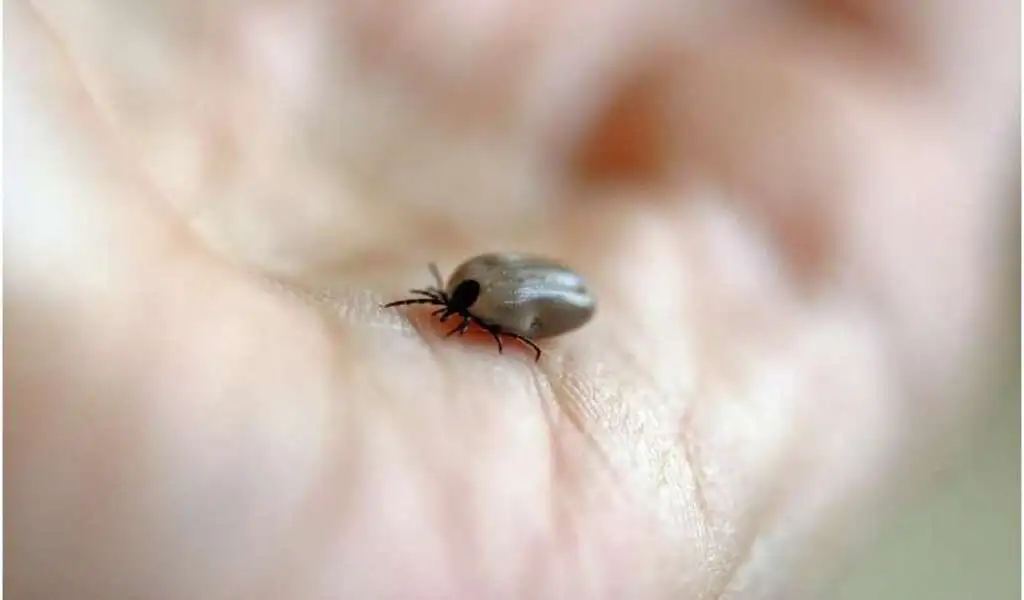Health
In Lyme Disease Bacteria, Host Adaptation Drives Genetic Variation

(CTN News) – Researchers examined the mechanisms behind the genetic variation of the bacteria that cause Lyme disease in an attempt to understand the cause.
There are around 476,000 human cases of Lyme disease each year in the United States, making it the most common vector-transmitted Lyme Disease in the nation.
Almost all Lyme diseases are caused by the bacteria Borrelia burgdorferi (Bb), which is transmitted through tick bites, and it can infect a wide range of mammals and birds, according to the Lyme Disease Association.
According to Matthew Combs and colleagues, Bb’s genetic diversity has been investigated specifically by focusing on the outer surface protein C (ospC) gene, which is a well-known virulence factor which is essential for the survival of the pathogen in ticks and for the early stages of infection in vertebrates.
PNAS Nexus has published the results of this research in its journal.
It was found that this locus was highly polymorphic and it was sequenced using a long-read high-throughput technique from bacteria, which had been collected from 553 white-footed mice and 92 passerine birds from 11 species, which had been tagged and released, as well as from 628 tick nymphs.
In the three years between 2013 and 2020, samples from Block Island, Rhode Island were collected.
This study found a wide range of genotypes, but the Lyme Disease dominance of variants over time did not change according to the authors, as one might expect if variation were driven by a negative frequency-dependent selection process.
As opposed to this, the genotypes of ospC differ according to the species of the host, which suggests that there could be strong immunological links between ospC and its host.
There is some evidence that supports the multiple niche polymorphism hypothesis by the observation that mice-adapted genotypes are more likely to persist in mice than other genotypes.
According to the authors, the findings support the notion that pathogens adapt to their animal hosts at the variant level, and suggests that a more nuanced definition of ‘host competence’ that incorporates an understanding of the diversity of pathogens might be appropriate, in light of the results.
SEE ALSO:
FDA Approval: First-Ever Pill To Combat Postpartum Depression Receives Federal Nod





























